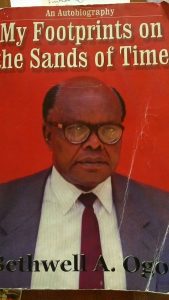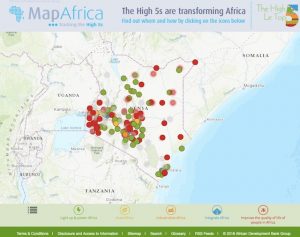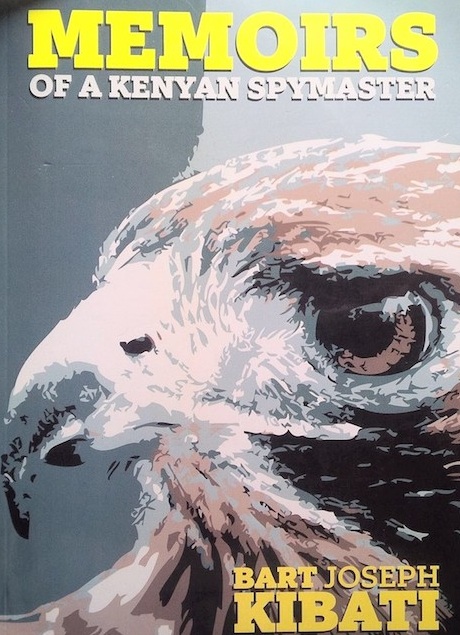This week saw the publication of “Kenya’s 50 years of Diplomatic Engagement, from Kenyatta to Kenyatta,” a book on the history of the diplomatic services and foreign policy in Kenya.
Edited by Dr. Kipyego Cheluget, Kenya’s Assistant Secretary General at COMESA, it is a collection of writings by different authors including foreign ambassadors. It is the result of a nine-year journey that came from an idea that came when he was Director of the Foreign Service Institute – to document the history of the diplomacy in Kenya. And he then set out to travel around the county, interviewing and recording former ambassadors and diplomats such Munyua Waiyaki, Njoroge Mungai and even unofficial ones like politician Mark Too. Some of them have since passed away like Bethuel Kiplagat and Phillip Mwanzia, and whose widows were present at the book launch.
The Chief Guest was Former Vice President, Stephen Kalonzo Musyoka who has also served as a Minister for Foreign Affairs and Minister for Education and he said that to upgrade Kenya’s diplomatic performance, the country should reward career diplomats and have them, not election losers, as Ambassadors, and legislate a 70:30 ratio of professionals over politicians in such posts, a reverse of the current imbalance. The event had panel talks with former ambassadors on topics like peace-building in Ethiopia, Somalia and the East African region, using sports as a tool of diplomacy, combating apartheid, the lost years of engagement with Russia shaped by the Cold War and how the pioneering diplomats worked through trial and error for decades without an official foreign policy.
Ambassador Kiplagat had to hide in Kampala when war broke out. Eventually he escaped in spite of 6 people had been sent to assassinate him. Drama also in Mozambique: bombs dropped on his team. He survived that too. That gentleman had a crazy life! #ForeignPolicyKe
— James Murua (@jamesmurua) November 29, 2018
The MC for the event at Taifa Hall of the University of Nairobi, Nancy Abisai said the only good books is a finished book, and Kenya’s Cabinet Secretary for Education Dr. Amina Mohamed, added that, following a challenge by President Kenyatta, her Ministry was in the process of setting up a unit for the publication of Kenyan memoirs and which would be operational by January 2019. Former Vice President Moody Awori, who at 91 is still an active Chairman of Moran, the publishers of the book, said they were looking for more scripts to turn our more such books.
Excerpts from early sections of the book and launch
- It has never been right to say that Kenya’s foreign policy is a “wait and see” one. Diplomats were able to negotiate to host a combined World Bank/IMF meeting in 1973 and for UNEP to have its headquarters in a newly independent African country – Ambassador Francis. Muthaura.
- Njoroge Mungai initiated steps for President (Mzee) Kenyatta to be nominated for the Nobel Peace Prize in 1972 and Singh Bhoi drafted the dossier.
- Dennis Afande opened the Kenya Embassy in Jeddah, Saudi Arabia in February 1977. He was the only employee there for four months and the only signatory to the Embassy bank account for the period.
- When Paul Kurgat went to apply for his scholarship visa at the Nairobi Russian embassy, in 1984. he was arrested and questioned about links to Oginga Odinga. He was later to return to Russia as Kenya’s Ambassador in 2010.
The book is available in local bookshops, such as the University of Nairobi one, at a cost of Kshs 1,395 (1,200 + VAT) and a digital version is also available on Amazon for $8 (~Kshs 800).



